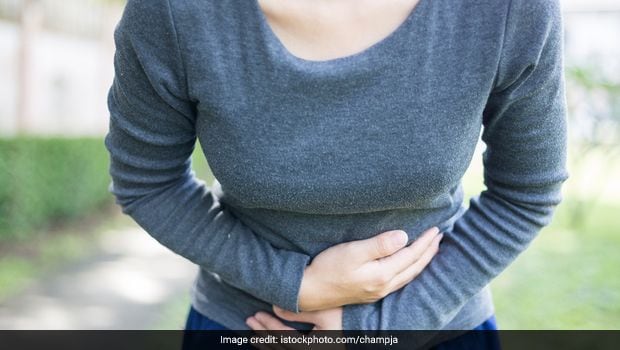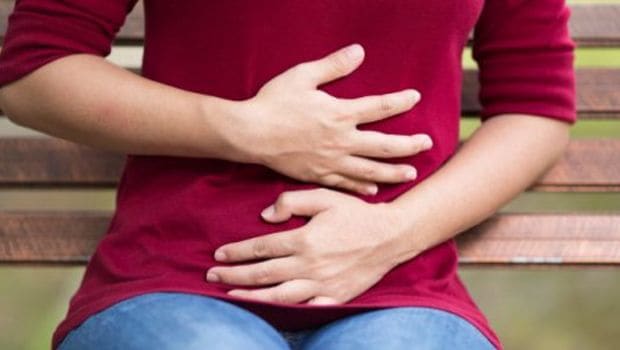Temperature is beginning to rise; it is time to brace yourselves for unwanted health hazards due to the rise in temperature; thanks to the excessive growth of bacteria in the air. One of the most common health conditions that a human body is prone to is food poisoning. If you have suffered from food poisoning, you'd know how horribly painful it is. According to the United States Department of Agriculture, we are prone to get food poisoning in summers, because increased temperatures allow bacteria to multiply faster. It may be a common problem, but it can be prevented in many ways. While in mild cases, you could get away with natural treatment or medications; some cases can be severe and may need the patient to be hospitalised.
What Is Food Poisoning?
Food poisoning is one of the food-borne illnesses, which is the result of eating contaminated, spoiled or toxic food. Contamination of food is most common during summer considering the increased growth of bacteria that can wreak havoc on your health. Some of the symptoms of food poisoning may include nausea, vomiting, water or bloody diarrhea, abdominal pain and cramps and fever. In case these symptoms are prolonged, visit the doctor immediately.

Food poisoning is one of the food-borne illnesses
In order to avoid food poisoning in the first place, there are some tips that will come handy to you.
- It always doesn't mean that a food-borne illness will be triggered by contaminated food; it can also be triggered by the medium through which you ingest food, which are your utensils. No matter how clean your kitchen is, there is a high chance of bacteria making their way on your crockery. Always prefer rinsing them before using in order to save yourself from getting sick.
- Hot temperature can easily contaminate your food and make it toxic enough to cause food poisoning. One of the biggest carriers of bacteria include leftovers, even if they are stored in the refrigerator. Always cook and eat fresh and ensure the quantity isn't too much so you don't have to store the leftovers. In case you have some, make sure you heat them well.
- Cooked food is safe only after it has been heated to a high enough internal temperature that kills bacteria. Cook food thoroughly, especially non-vegetarian foods like chicken, eggs and red meat. We have a tendency to rely on sight, smell or taste to tell whether the food is done or not, but the right way is to use a food thermometer.
- Don't keep freshly cooked food for more than two hours outside. Either consume it or store it well under the right temperature.
- Never thaw the meats on the kitchen counter, as it will only increase the risk of growth of harmful foodborne pathogens rapidly. Always prefer thawing them in the refrigerator first and then use them for cooking.
- Sprouts can be a major cause of food poisoning, because the method of sprouting requires warmer temperatures that are ideal for bacterial growth. Prefer avoiding raw sprouts and instead saute them and enjoy.
- Change your dish sponges and dish cloths frequently; these may be the biggest carriers of bacteria in your tummy. According to a study by UK based Global Hygiene Council, 60 percent of dishcloths around the world have deadly bacteria like E.coli.
- Prefer avoiding raw salads or fruits, especially from outside as they are more prone to bacterial growth. Always eat a fresh bowlful of fruits and vegetables after washing them thoroughly.
Apart from these basic tips, maintaining hygiene is the utmost important factor to save yourself from getting sick. A hygienic environment can help you keep a lot of diseases at bay. Wash your hands frequently and ensure a healthy and happy summer!
Advertisement








